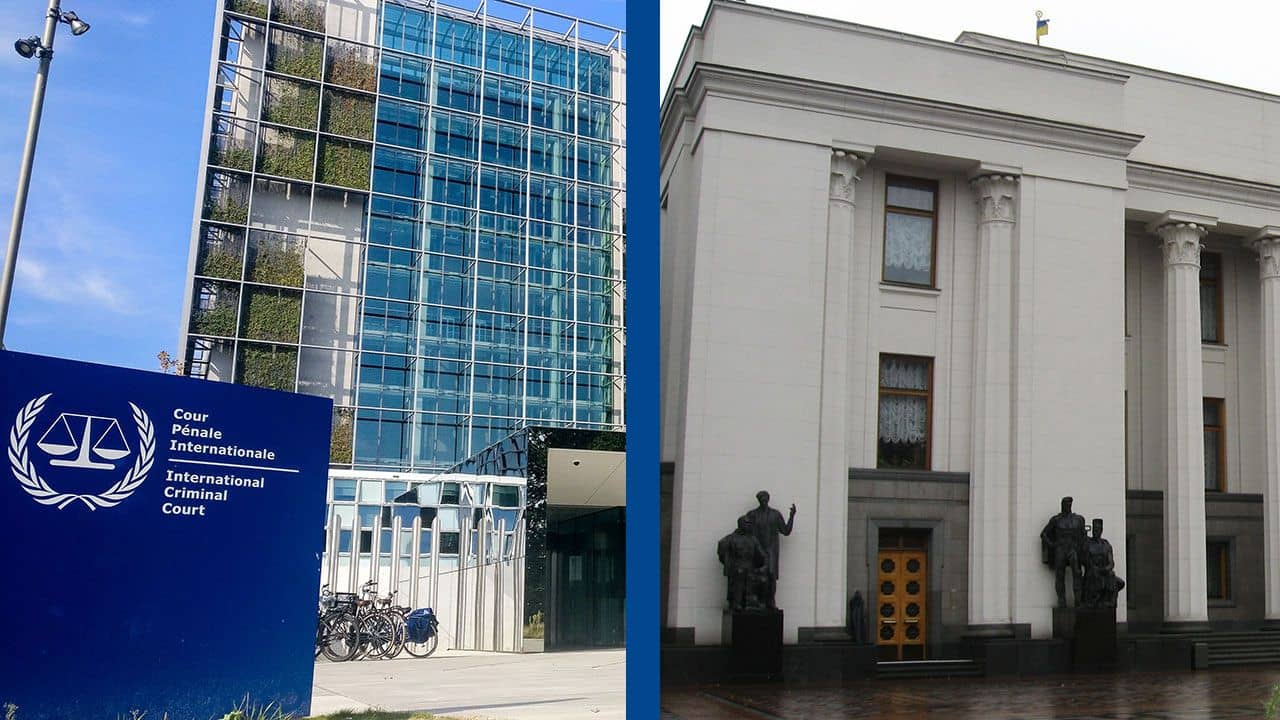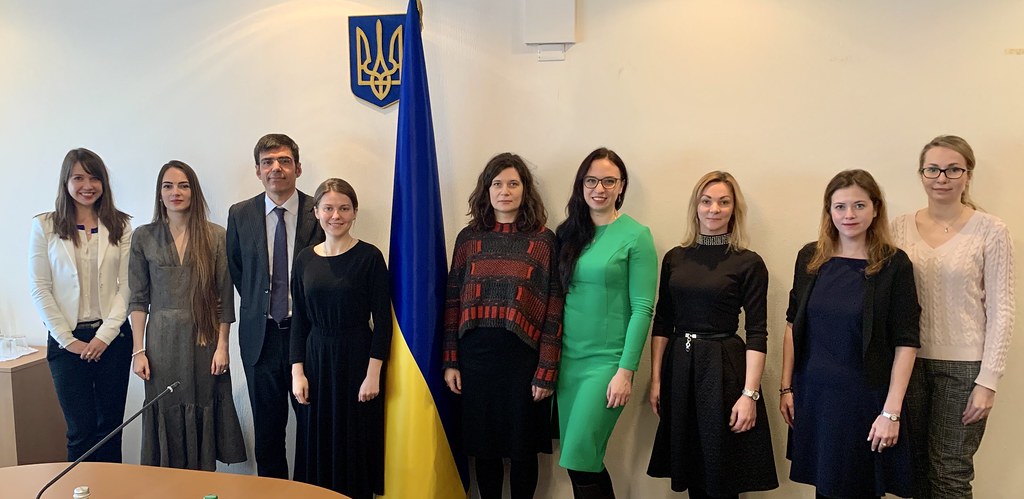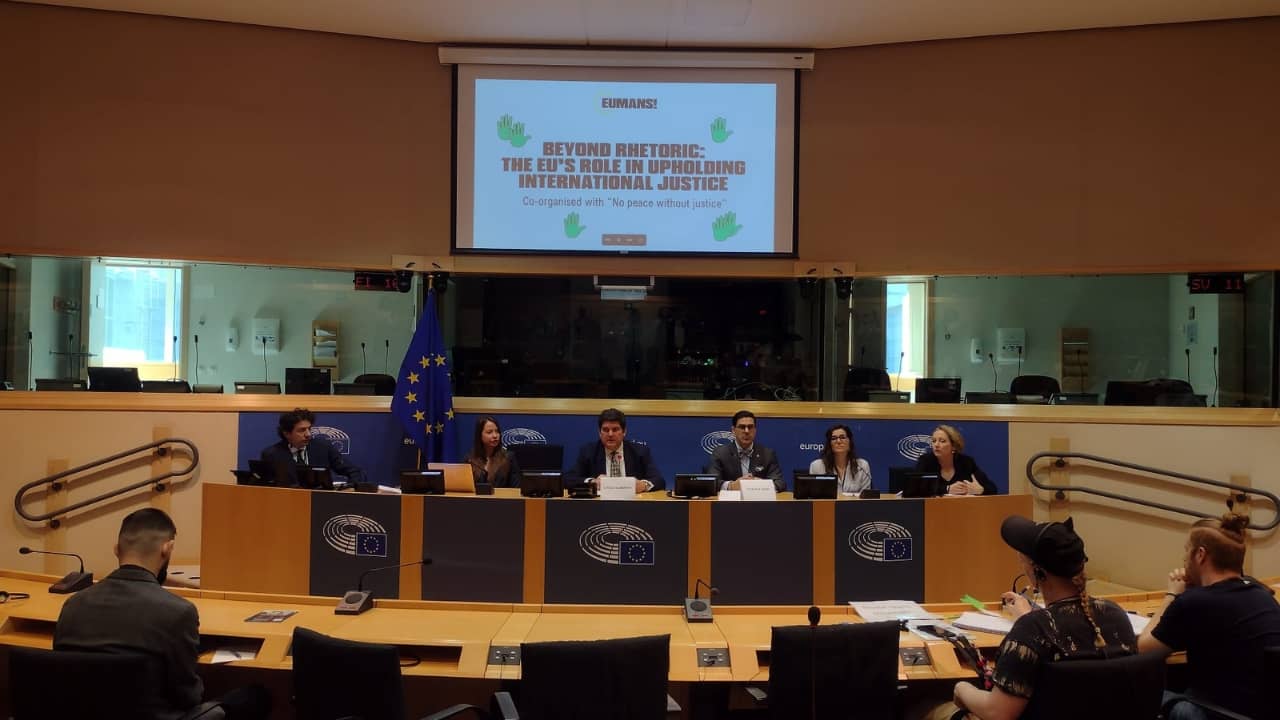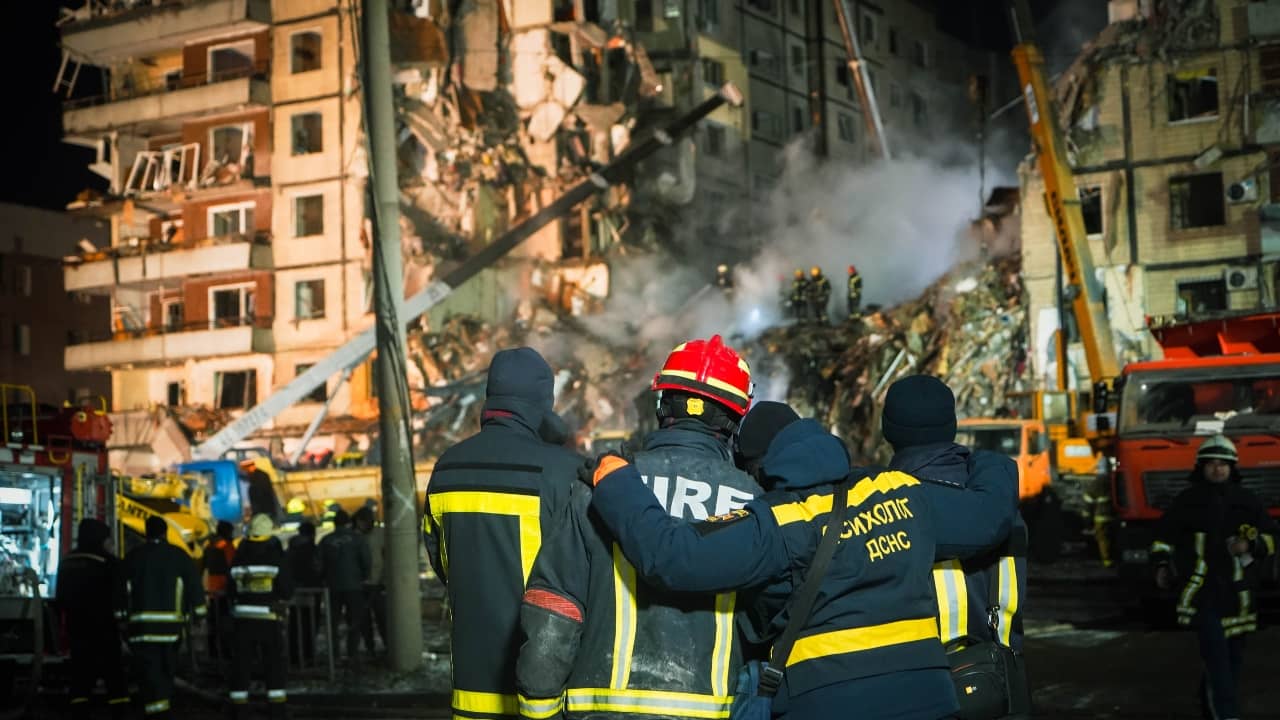
Grave crimes continue to be committed in the context of the ongoing armed conflict in Ukraine, which shows with no signs of abating. While several domestic actions to attempt to combat impunity for these crimes, Ukraine is deprived of a fundamental method of recourse as a non-Member State of the International Criminal Court (ICC). One year after PGA gathered legislators from all corners of the globe in Kyiv to discuss an end to impunity for the gravest crimes as part of the Consultative Assembly of Parliamentarians for the International Criminal Court (CAP-ICC), Ukraine’s journey to become a State Party to the Rome Statute of the ICC continues.
Taking the next step, on 28 November 2019, PGA convened an expert discussion with its partners, the Center for Civil Liberties and Ukrainian Legal Advisory Group, under the aegis of the Committee on Foreign Policy of the Verkhovna Rada (Parliament) of Ukraine, wherein parliamentarians had the opportunity to actively engage with legal experts, civil society representatives, and victims of international crimes. The discussion took place at a critical juncture, as the last legal obstacle toward Ukraine’s ratification was removed as of July 2019.
The analytical discussion elucidated such questions as the Court’s jurisdiction and the advantages of harmonizing domestic legislation with the Rome Statute. Domestic authorities, including the Head of a newly established department on Overseeing Investigations of Crimes Committed in Armed Conflict, explained the necessity of acceding to the ICC. Others, including the Deputy Permanent Representative of the President of Ukraine in the Autonomous Republic of Crimea, added that ratification of the Rome Statute is a necessary but insufficient step, and that it is paramount to amend the domestic criminal code so that the graves crimes are properly addressed, including those resulting in massive displacement of approximately 1.5 million persons since the start of the conflict in eastern Ukraine in 2014, as well as alleged crimes of persecution against Crimean Tatars. A senior civil servant, who had recently been detained allegedly at the behest of Russian authorities, also framed ratification as an essential step toward further European integration.
Most importantly, in the words of PGA Board Member Hon. Dr. Hryhoriy Nemyria, the conversation underscored that, in light of the “asymmetrical war,” it “should be the mission of Parliamentarians to support the ratification of the Rome Statute” to end impunity for crimes committed in the course of the conflict. At the culmination of the session, PGA member Hon. Maryna Bardina, Deputy Chair of the Committee and member of the Servant of the People Party, firmly committed to a path toward ratification.
Ukraine must ratify the Rome Statute of the ICC at the earliest possible opportunity: Fighting impunity for atrocity crimes and upholding International Law are crucial for achieving peace with justice in Ukraine. Hon. Maryna Bardina, Deputy Chair, Committee on Foreign Policy and Interparliamentary Cooperation of Verkhovna Rada, PGA Member
This message was emphasized on an international stage when, just a week later, Hon. Nemyria addressed the Assembly of States Parties (ASP) to the ICC in The Hague on behalf of PGA, sharing Ukraine’s goal to ratify the Rome Statute in time to participate in the highly important ASP of 2020, at which several new judges and a new Prosecutor will be elected.
To that end, PGA continues to work toward imminent ratification of the Rome Statute and domestic implementation in the Ukrainian criminal code, including providing expert analysis alongside its partners, including the Center for Civil Liberties, Ukrainan Legal Advisory Group, and Global Rights Compliance.





